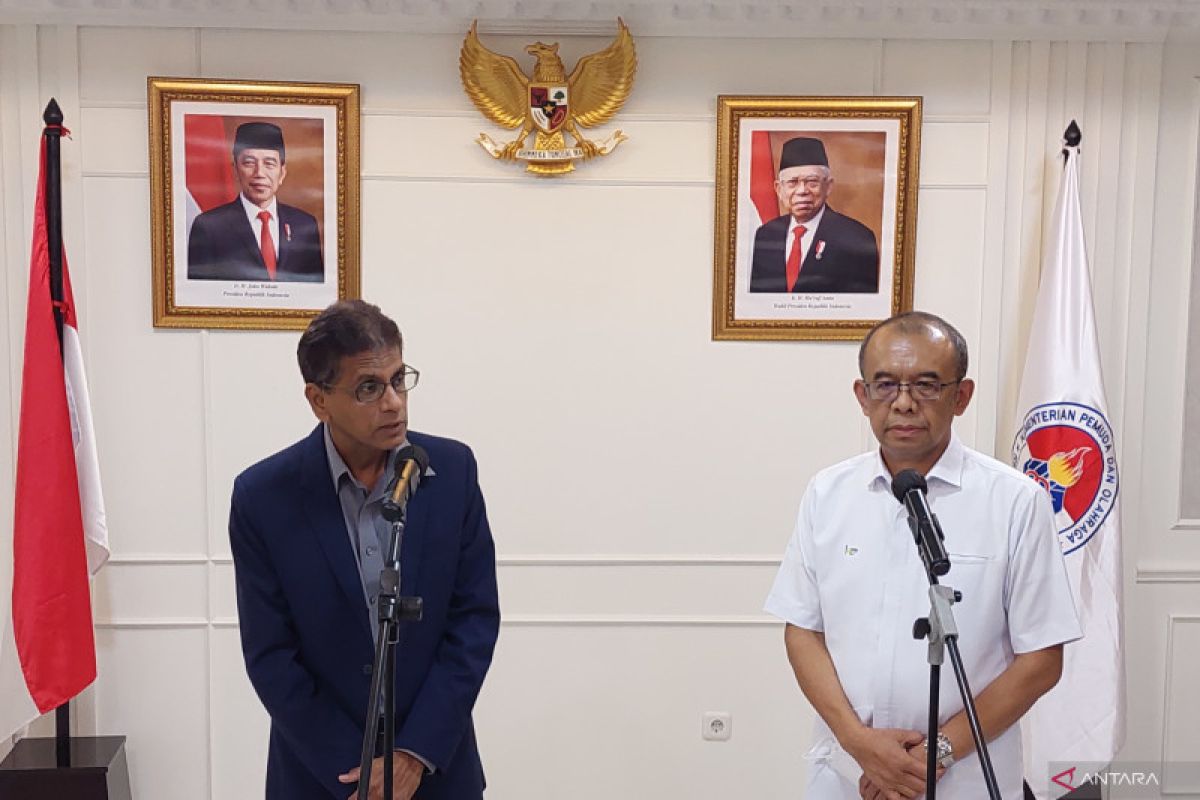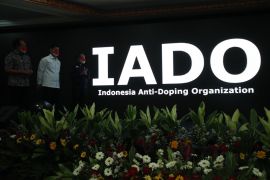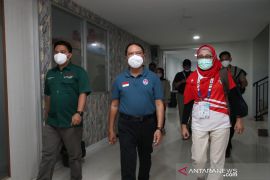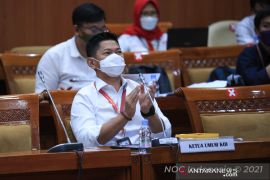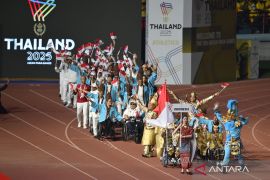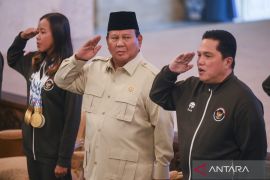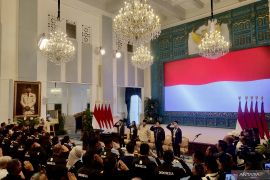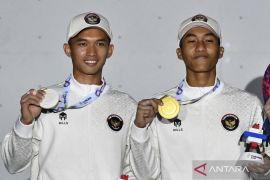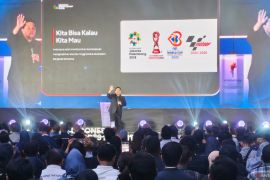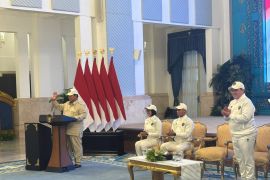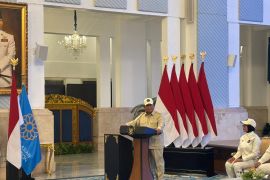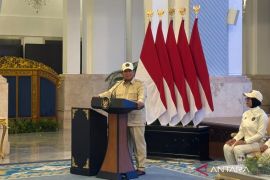According to an IADO press release issued on Wednesday, the samples consisted of 293 samples taken during ICT (in-competition testing) and 276 samples taken during OOCT (out-of-competition testing), for example, from athletes at National Training Centers.
The athletes whose samples were taken were elite athletes from the RTP (registered testing pool) of IADO, which is directly connected to the World Anti-Doping Agency (WADA).
Currently, there are several samples that are still being analyzed by the anti-doping laboratory in Bangkok, Thailand. Those samples were taken from sports events in mid-December 2022.
In October 2022, IADO announced doping sanctions against six athletes. However, they were based on doping control carried out in late 2021.
IADO general chairperson Gatot S. Dewa Broto said that zero cases of doping are not the only benchmark for WADA's assessment of a country's national anti-doping organization (NADO). The main indicators of WADA's assessment of each NADO lie in organizational governance and compliance with the WADA Code.
Organizational governance is one of the essential aspects that must be improved by IADO. In early 2022, IADO was faced with a scandal related to the governance of an anti-doping organization that did not comply with WADA standards.
The sanction was detrimental to Indonesia because the country lost its rights at international-scale events, which include a ban on flying its national flag at the 2020 Thomas Cup.
To this end, IADO is continuing to strive to become a professional anti-doping organization. IADO is also committed to increasing its performance as quickly and as well as possible, including by establishing intensive communication with WADA, the Southeast Asia Regional Anti-Doping Organization (SEARADO), and NADOs from other countries.
Related news: Sports Minister emphasizes Indonesia's anti-doping commitment
Related news: WADA to audit Indonesia Anti-Doping Organization in 2023
Translator: Shofi Ayudiana, Raka Adji
Editor: Rahmad Nasution
Copyright © ANTARA 2022
